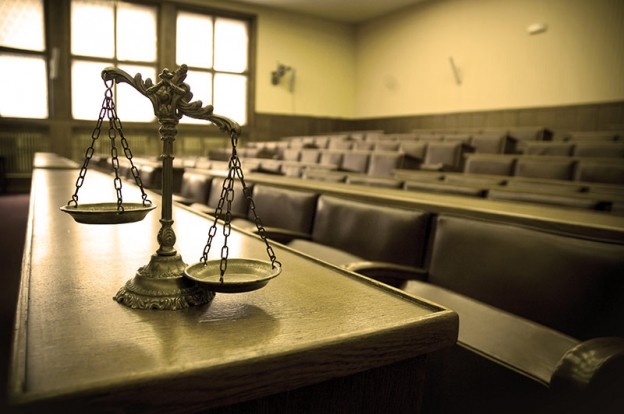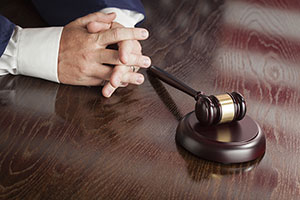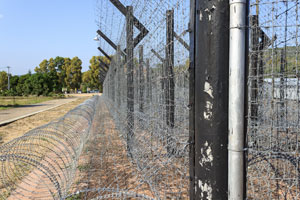A U.S. district court judge has received a recommendation that he should allow a former employee of the Consumer Financial Protection Bureau to testify as an expert witness against it, in the agency’s suit against loan financier Navient.
The Underlying Suit
In 2017, the Consumer Financial Protection Bureau (CFPB) and the State of Pennsylvania sued Navient, claiming that the nation’s largest student loan servicer failed to properly service its borrowers’ accounts and improperly directed them toward forbearance, instead of encouraging them to move toward income-based repayment plans. Forbearance is the act of refraining from paying any debts.
The complaint alleges that Navient violated the Consumer Financial Protection Act, the Fair Debt Collection Practices Act and Regulation V of the Fair Credit Reporting Act.
Navient has vigorously defended against these claims. It called the suit an “unauthorized copycat” of a complaint that CFPB previously filed against it.
The case is before U.S. District Judge Robert D. Mariani in the Middle District of Pennsylvania.
Proposed Expert Testimony
Navient proposed to have Xiaoling Ang, Ph.D, testify as one of its expert witnesses at trial. Dr. Ang is an expert in consumer financial services, antitrust, and labor economics. She has experience in class certification and damages analysis, policy evaluation, cost-benefit analysis, and fair lending in a range of industries, including mortgage, student loan, subprime lending, deposit products, and fixed income.
Dr. Ang was the author of an article that was published in Law360 entitled, “Student Loan Repayment Options in Light of CFPB v. Navient.” Navient’s counsel approached Dr. Ang about testifying on Navient’s behalf based on writing this article. Her expert report, which Navient proposed to rebut one of CFPB’s experts, reflects the information contained within her article.
Claim of Conflict of Interest
Dr. Ang has a Ph.D. in economics from Princeton University and currently serves as an Associate Director at NERA Economic Consulting. Dr. Ang previously served as an Economist at the CFPB from July 2011 to November 2015. At the CFPB, she served as the Lead Economist on Bureau initiatives and rulemaking, including interagency appraisal rulemaking, larger participant rulemaking in student loan servicing and international money transfers, randomized control trials, disclosure testing, and on a Congressional report on private student loans.
The CFPB objected to Dr. Ang testifying as an expert for Navient, claiming a conflict of interest. The CFPB argued that Dr. Ang should be disqualified from testifying as an expert because she worked for CFPB during its investigation of Navient.
Special Master’s Report
The court asked Special Master Thomas I. Vanaskie to investigate whether Dr. Ang should be disqualified from testifying as an expert at trial. Vanaskie recommended that Dr. Ang should not be disqualified.
Addressing the claimed conflict of interest, Vanaskie wrote, “I have also concluded that Dr. Ang’s sporadic and brief interactions with the Bureau’s Office of Enforcement attorneys over a period of two years did not expose her to confidential information substantially related to the opinions she has offered in her report in this matter such that the Bureau will be prejudiced if she remains an expert witness in this particular case.”













